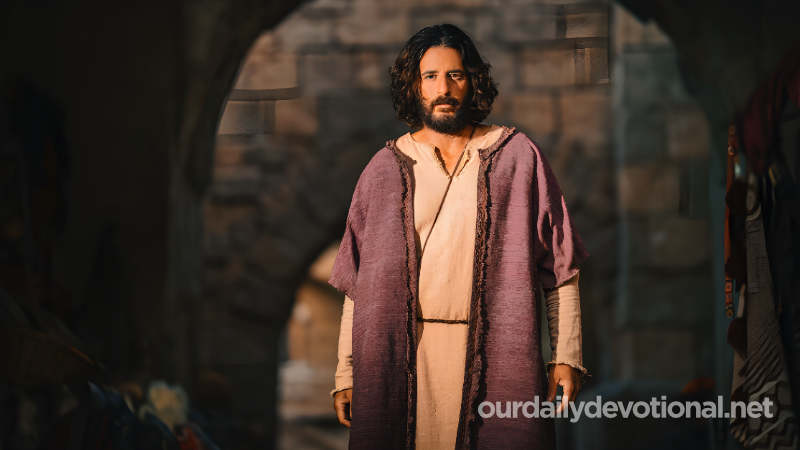This was the Jewish ruling council in the New Testament period. Technically, the land where Jesus walked was under Roman rule, but in religious matters the Sanhedrin was in charge.
The group, composed of older and respected Jewish leaders, including priests, was the final court of appeal for questions about Jewish law. It had its own police-military force and could decide whether prophets were true or false, and whether a person was guilty of blasphemy.
The Gospels present the Sanhedrin as a rather nasty group, dedicated to preserving their own position and violently opposed to Jesus. Only one member, Joseph of Arimathea, is described as a good man and a secret follower of Jesus (see 478 [Joseph of Arimathea]).
As the book of Acts shows, the Sanhedrin opposed the first Christians as much as they had opposed Jesus Himself. The apostles Peter and John were jailed and interrogated because they had been preaching that Jesus was raised from the dead (Acts 4).
Later, Peter told the council, “We ought to obey God rather than men” (Acts 5:29). One wise member of the council, Gamaliel, advised moderation in dealing with the Christians (see 460 [Gamaliel]).
Even so, the Sanhedrin ordered the apostles flogged. Later, the Sanhedrin accused the saintly Stephen of blasphemy, a trial that resulted in Stephen being stoned to death.
Paul ran afoul of the Sanhedrin when he was accused (falsely) of taking a Gentile into the Jewish temple courts.
Paul took advantage of a theological split in the council (the Sadducees and Pharisees differed on several issues) and caused a riot in the council. Even so, the Sanhedrin regrouped and plotted to kill Paul, and would have succeeded had he not been under Roman protection.






